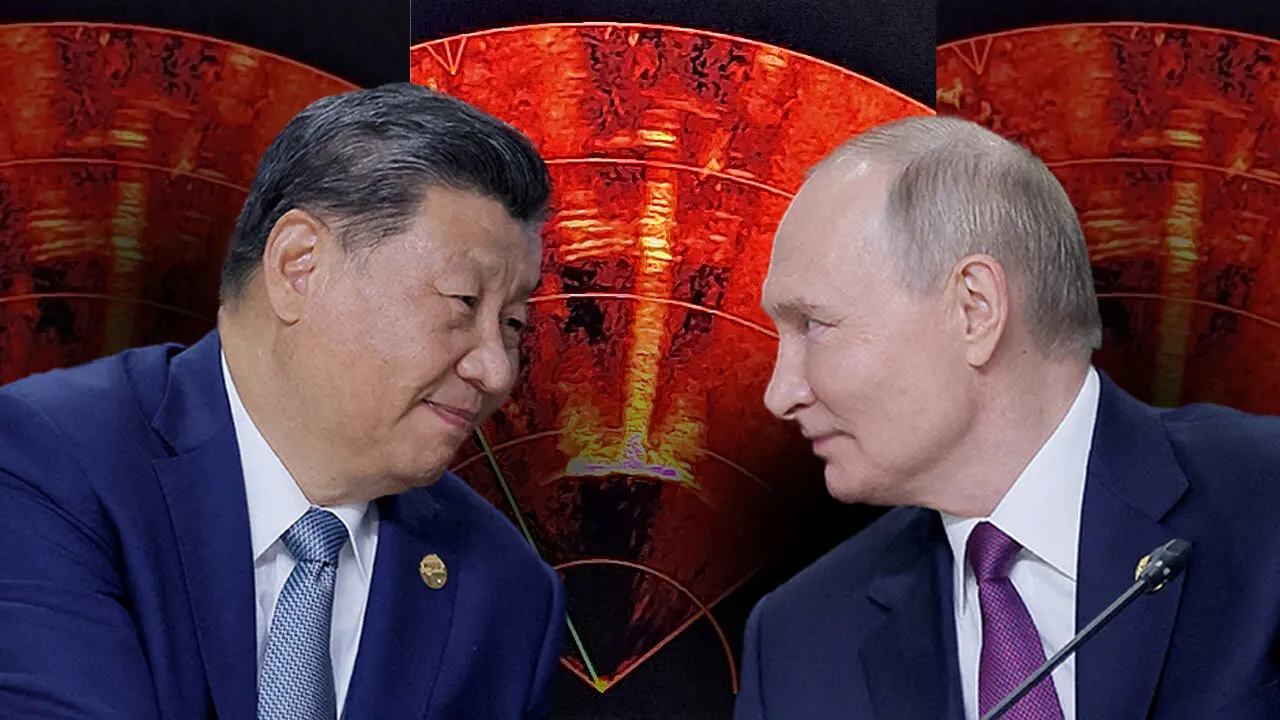International underwater cable attacks by Russia, China are no ‘mere coincidence’ warns EU’s top diplomat

Recent attacks on underwater cables in the Baltic Sea and the South China Sea have raised concerns among top officials that they may not be mere coincidences. Suspected culprits include Russia and China, who have been implicated in a series of maritime sabotage efforts in these strategically significant regions over the past few months.
In November, two cables under the Baltic Sea were severed, with a Chinese-flagged commercial ship named the Yi Peng 3 implicated in the incident. The ship was found to have dragged its anchor along the Baltic seabed, cutting important undersea cables connecting Sweden, Lithuania, Finland, and Germany. This incident echoed a similar event in October 2023, where another Chinese ship damaged the Balticconnector gas pipeline and telecommunications cables in the Gulf of Finland.
European leaders quickly voiced their suspicions that these attacks were acts of sabotage, highlighting the vulnerability of the Western world’s subsea infrastructure. China, however, denied any intentional wrongdoing in both incidents. Taiwan has also begun investigating whether a China-linked ship damaged one of its internet cables, prompting the country to bolster its low-orbit satellite network as a precaution.
China’s tactics against Taiwan are now being optimized in the Baltic Sea, with the U.S. Defense Department warning of China’s plans to invade and annex Taiwan by 2027. The EU has pointed out China’s support for Russia in the war against Ukraine, suggesting a connection between the recent attacks and geopolitical tensions.
Not to be outdone, a vessel linked to Russia was seized by Finland for allegedly damaging telecommunications and power cables on Christmas Day. The tanker, known as Eagle S, is suspected of being part of Russia’s “shadow fleet” scheme to circumvent sanctions and continue oil exports to finance its war in Ukraine.
Security experts have noted that international politics leaves little room for coincidence, hinting at possible coordination between Russia and China in these maritime sabotage efforts. NATO is set to announce a new defensive strategy called “Baltic Sentry” to better detect, deter, and respond to such attacks in the Baltic Sea. While the alliance has not confirmed whether the recent attacks are coordinated, a Western security official believes they are more planned and coordinated than initially thought.
As tensions continue to simmer in these crucial waterways, the international community must remain vigilant and prepared to counter any further attempts to disrupt vital undersea infrastructure.




